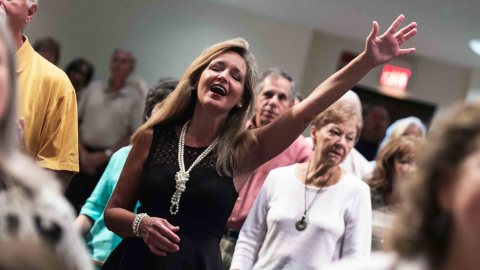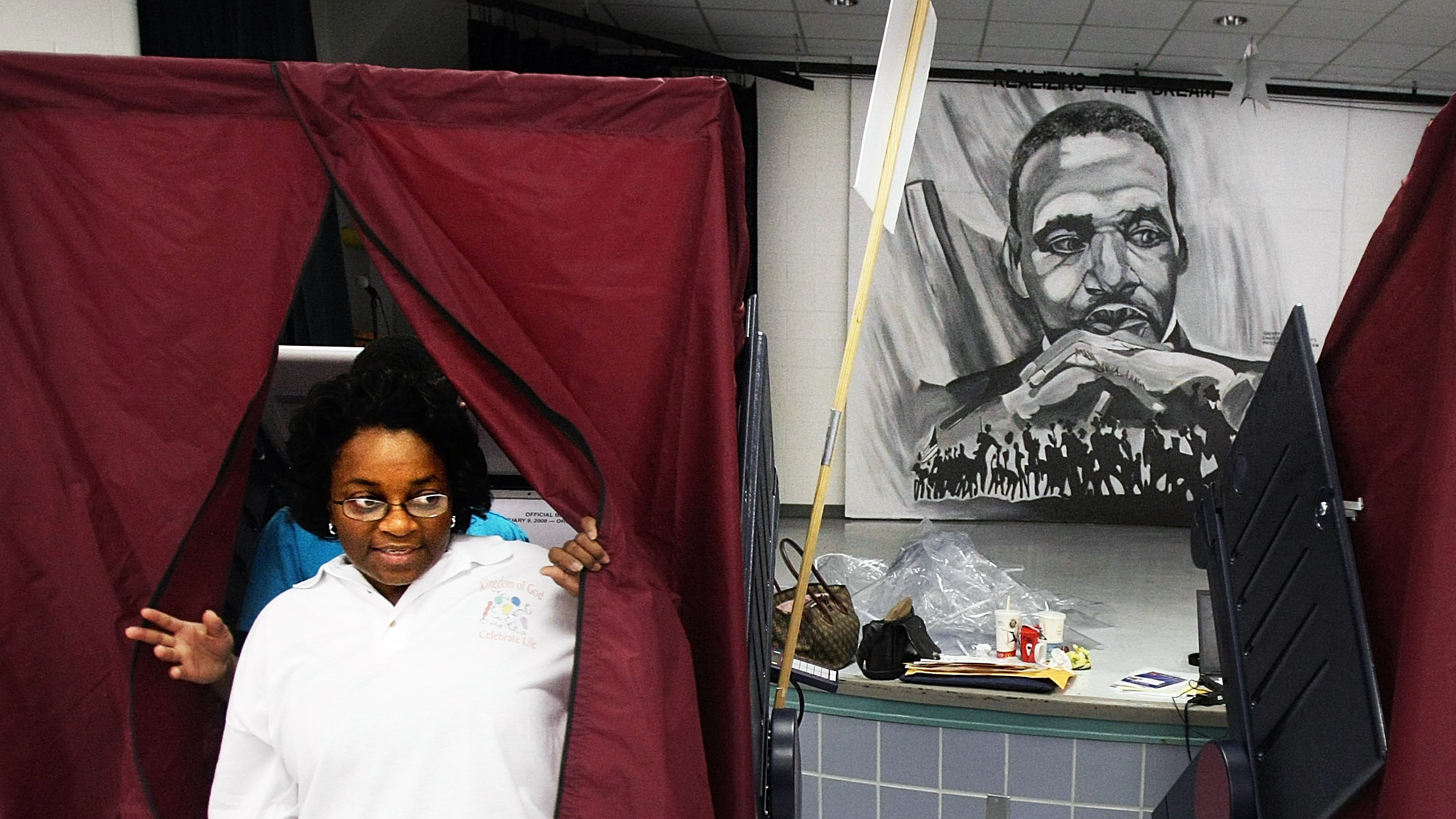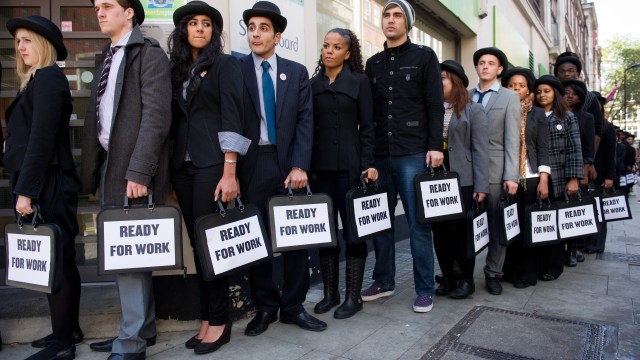How “Morality Voters” Justify Voting for Donald Trump

We often think of morality as rule-based. The Ten Commandments, for example, are closely held by Christians as the defining rules of human behavior. Given this, it seems difficult to explain why evangelical Christians swung their vote toward Donald J. Trump in the 2016 Presidential Election.
Indeed Franklin Graham — son of the famous Christian evangelical Billy Graham — is a happy man. Satisfied that God is intervening in American affairs, he claims that claims prayer has catapulted Trump, and vice president-elect Mike Pence, into office.
Graham wasn’t always so upbeat. The preacher repeatedly bashed Barack Obama for being ‘anti-Christian.’ After being outwardly skeptical of President Obama’s faith, he issued a formal apology in 2012 — then rescinded it when Obama passed legislation supporting same-sex marriage rights.
There are two clues to understanding Graham’s support of Trump, dating back to at least 2011 when the evangelical leader stated he was his preferred candidate.
First, Trump’s anti-Muslim rhetoric. Amazingly, Graham tied in Obama’s support for LGBT rights to his Islamic upbringing, which requires two suspensions of disbelief given radical Islam’s intolerance of gays and the fact that Obama has never been Muslim.
Then there’s Graham’s fanboy attitude toward Vladimir Putin. In a column published by the Billy Graham Evangelistic Association, he writes about Putin’s anti-gay platform.
In my opinion, Putin is right on these issues. Obviously, he may be wrong about many things, but he has taken a stand to protect his nation’s children from the damaging effects of any gay and lesbian agenda.
It should surprise no one that Graham is praising Trump for his pro-Putin attitude given his disdain for anything progressive regarding same-sex rights.
In many ways, Graham represents the evangelical—specifically, the white evangelical voter—mindset, one that has predominantly expressed disease with the Obama administration. In 2012 Obama garnered just 20 percent of the evangelical vote to Romney’s 79 percent, surprising in that Graham and others stated that Mormonism is not really a Christian sect. These numbers were down from 26 percent for Obama with the same group in 2008. In 2016 Hillary Clinton captured just 16 percent of evangelical voters compared to Trump’s 81 percent.
Clarion calls for evangelical ballot checkmarks have long been religious: abortion, same-sex marriage, infidelity. Their moral card is pronounced and marketed throughout the campaign. Yet it’s incredibly plastic. Every four years their demands shift, which explains how a thrice-married businessman with fidelity problems and previous endorsement of women’s rights could command the largest evangelical vote of this century.
A recent survey conducted by the Public Religion Research Institute puts this into perspective. Asking voters if private immoral acts will affect the ethical responsibilities of elected officials, the group that shifted most was the religious.
Americans without any religious affiliation haven’t shifted much—63 percent in 2011, 60 percent today. Catholic acceptance of politicians’ personal misconduct has increased from 42 to 58 percent. White mainline Protestant support is up by 22 points, from 38 to 60 percent.
The biggest shift, however, was found in one specific group: white evangelicals. In 2011, 30 percent of that demographic claimed that a politician acting immorally behind closed doors can still be an upstanding moral leader. In the era of Trump that number has surged to 72 percent. Likewise, white evangelicals that believe religious beliefs are ‘very important’ for potential presidents dropped from 64 to 49 percent.
This should effectively destroy the myth of the single-issue voter, especially as it pertains to religious topics. Yet given the constant flip-flopping on pretty much every issue over the past year-and-a-half by the evangelical’s clear winner—morals tweeted in the morning can be overturned and returned the same day—we should not be surprised if such numbers shift again in four years. Or four minutes.
Then, like now, the past will be conveniently forgotten because the future looks so much more important given their current whims. All of which makes us ask, does religion truly matter anymore? Did it ever?
—
Derek’s next book, Whole Motion: Training Your Brain and Body For Optimal Health, will be published on 7/4/17 by Carrel/Skyhorse Publishing. He is based in Los Angeles. Stay in touch on Facebook and Twitter.





